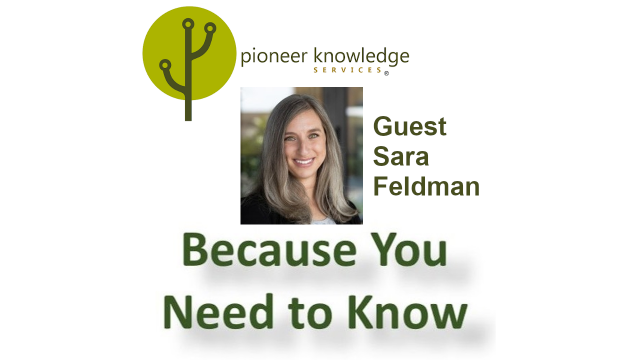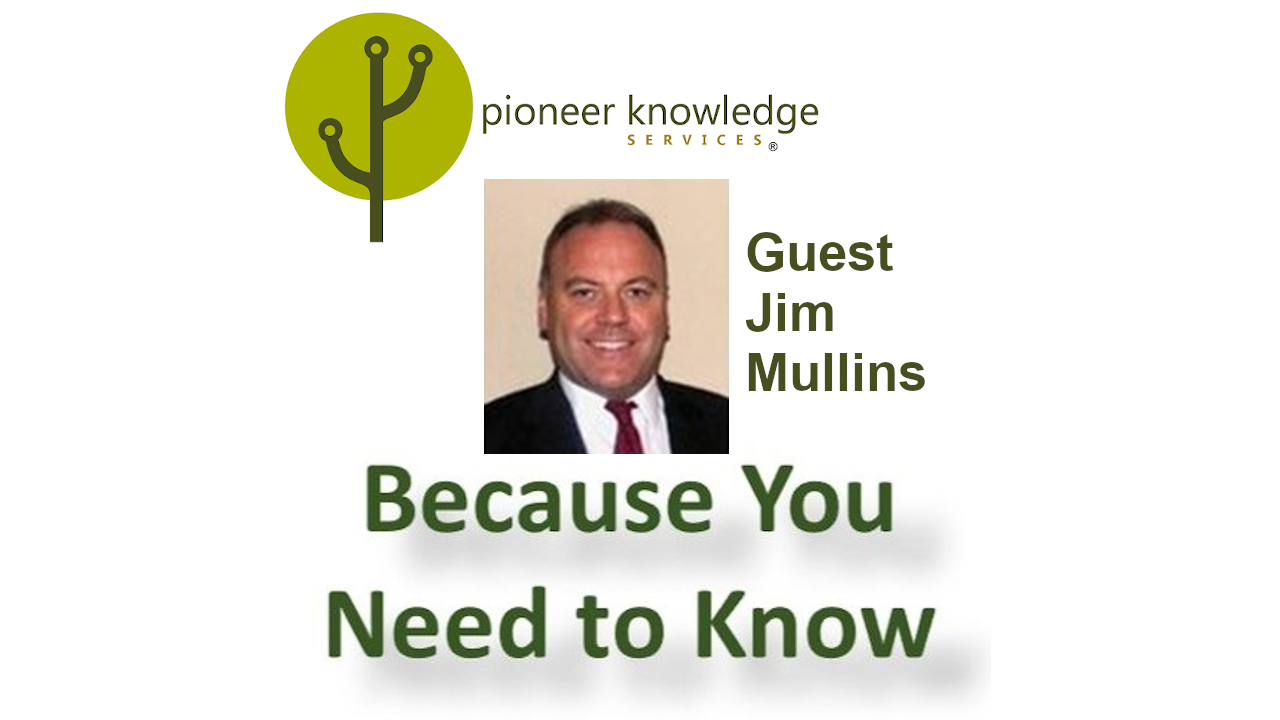
What do we know about customer knowledge management, and what more do we need to know?
A landmark 2021 structured literature review1 of scientometric research of the knowledge management (KM) discipline included the finding that:
Scholars should realize that the KM discipline may successfully exist as a cluster of divergent schools of thought under an overarching KM umbrella and that the notion of intradisciplinary cohesion and consistency should be abandoned … and it seems that … there is a general consensus that the field has progressed in an interdisciplinary direction.
In response to this finding, I proposed four different potential KM disciplines in a RealKM Magazine article. These are organisational KM, KM for development, societal KM, and customer experience KM. As that article discusses, organisational KM and KM for development are already well-established KM disciplines. On the other hand, societal KM and customer experience KM are yet to be substantially considered by the KM community. However, respected members of the KM community have alerted to the importance of these emerging disciplines – David Gurteen for societal KM and Aprill Allen for customer experience KM.
RealKM Magazine has published numerous articles on organisational KM and KM for development, and has also been increasingly publishing articles on societal KM. However, we’ve published very few articles on customer experience KM. To start to address this imbalance, I recently invited Dr Cynthia J Young to write an article sharing her knowledge of KM practice tools that can help to facilitate better customer experiences.
A key reason why we’ve published very few articles on customer experience KM is that the research literature on this aspect of KM is very limited. A paper2 presented at the recent 23rd European Conference on Knowledge Management has started to address this knowledge gap. The paper, by Victoria Yousra Ourzik from Université Paris Dauphine-PSL, documents a systematic review of existing customer KM research literature, analyses the nature of this existing research, and then outlines a future research agenda.
The systematic review covered the period of 2000 to 2020, and identified 75 relevant articles published in academic journals specialising in the fields of management, information systems, and marketing. The 75 articles were then analysed to identify a range of factors, including:
- proposed definitions of customer knowledge and customer KM
- antecedents, consequences, and moderators of customer KM
- suggested avenues for future research.
Defining customer knowledge and customer KM
Ourzik identifies several definitions of customer knowledge and customer knowledge management (CKM) in the reviewed research literature. These definitions, with the year of publication of the paper they are from, are:
Customer knowledge management is about gaining, sharing, and expanding the knowledge residing in customers, to both customer and corporate benefit. (2002)
Customer knowledge development (…) is, the development of an understanding of customer preferences. (2004)
Customer knowledge refers to the activities within an organization focused on the generation, analysis, and dissemination of customer-related information for the purpose of strategy development and implementation. (2004)
CKM is the application of knowledge management (KM) instruments and techniques to support the exchange of knowledge between an enterprise and its customers enabling the company to make appropriate strategic business decisions. (2008)
Customer knowledge – comprising knowledge about and from customers (…) (2016)
Customer knowledge refers to the knowledge about customer’s needs, preferences, and behaviors. (2020)
From these definitions, I note that only two of them – the first 2004 definition in the list and the 2020 definition – make reference to customer needs, preferences, and behaviours, which are seen as factors associated with customer experience3. The other definitions focus on either or both of the knowledge that organisations gather about their customers and/or the knowledge that customers have on the product or organisation. This suggests that customer KM (CKM) and customer experience KM (CXKM) are actually two different areas, with CXKM potentially being an aspect of CKM.
From the definitions above, Ourzik has proposed the following synthesised definitions of customer knowledge and CKM:
However, these definitions don’t adequately reflect the CXKM aspect. Customer experience knowledge can be part of the three defined components of customer knowledge, but the growing importance of customer experience indicates that CXKM should be specifically referenced.
In addition to customer experience, customer support and customer service are also common concepts related to customers and organizations. One of the papers reviewed by Ourzik had a customer support focus, and a number of the papers had a customer service focus. However, Ourzik’s definition doesn’t reflect these aspects either.
These issues suggest a need for further research and investigation into the scope of KM in relation to both customers and the relationships between organisations and their customers, including the better delineation of different aspects of this customer KM. For the KM community, they indicate that customer KM is a broader area of interest than just the customer experience KM discipline that I had proposed in my RealKM Magazine article. This needs to be reflected in future RealKM Magazine articles.
Antecedents, consequences, and moderators of CKM
Ourzik’s review and analysis has identified four antecedents, seven consequences, and three moderators of CKM.
The antecedents of CKM (that is, the factors influencing CKM) are:
- CKM strategy, which embodies customer knowledge as a value-creating asset. Senior management needs to be committed to CKM and define clear lines of knowledge flow.
- Knowledge from and about customers, in which employees play a major role. The ability of a customer-facing employee to collect customer knowledge depends on two variables: competence and motivation.
- Organizational support, which involves the implementation of business intelligence infrastructure such as customer relationship management (CRM) and other software and hardware systems to facilitate customer data collection, processing, and dissemination.
- Inter-functional cooperation, which is needed because CKM is transdisciplinary and many departments within an organisation will potentially be involved in activities of knowledge acquisition, analysis, and diffusion.
The consequences (that is, outcomes) of CKM implementation include numerous positives such as customer satisfaction, customer relationships, sales performance, new product development (NPD) performance, technological distinctiveness, innovation acceptance, and fast decision-making processes. In regard to customer relationships, Ourzik advises that the current environment is characterized by a paradigm shift, where CKM is no longer about creating value for customers; rather, it is about co-creating value with customers.
The moderators of CKM influence the link between CKM antecedents, the customer knowledge transfer process, and CKM consequences. They are the frequency of interaction with the customer, the nature of the exchanged knowledge, and the information available to customers on alternative options.
As with the definitions above, some of the identified antecedents, consequences, and moderators are related to the CXKM aspect of CKM. For example, the customer satisfaction and customer relationships consequences.
Suggested avenues for future research
From the findings of the review and analysis, Ourzik also identifies the suggested CKM research agenda shown in the following table. Ourzik further reports that only 15% of the 75 reviewed articles made use of qualitative methodology, which supports the call by a number of researchers for more qualitative and longitudinal research on the effects of customer knowledge.
| Research stream | Future research questions |
| Implementation | Co-creation takes place at several stages of the new product development process. More specifically, what is its role at each stage? |
| How does an organization build market-sensing capabilities? What are the antecedents to market response capabilities that allow an organization to maintain long-term relationships with customers? | |
| How is the assimilation phase of the acquired knowledge articulated? | |
| What are the monetary and temporal investments needed for firms to develop CKM? | |
| Firm performance | How to develop customer knowledge to generate disruptive innovations? |
| How is customer experience knowledge used in digital environments? How do managers voice their knowledge of customer experience? | |
| What is the causality between customer orientation and organizational performance (employ longitudinal data)? | |
| What is the impact of CKM strategy on key accounts performance (B2B) | |
| Customer engagement | What role does trust play in knowledge transfer? How can the norm of reciprocity affect the sharing of knowledge between clients, within the organization and finally between client and organization? |
| To what extend are customers’ views different from the way things are done inside organizations? | |
| Which factors foster customers’ participation in the process of customer knowledge development? | |
| How do customer-related factors moderate the main effects of organizational actions on customer knowledge development? |
Some of the suggested future research questions are relaed to the CXKM aspect of CKM. Two of the questions include direct reference to customer experience, despite the limitations of Ourzik’s definitions of customer knowledge and CKM that I identified above.
Header image source: Christiann Koepke on Unsplash.
References:
- Serenko, A. (2021). A structured literature review of scientometric research of the knowledge management discipline: a 2021 update. Journal of Knowledge Management, 25(8), 1889-1925. ↩
- Ourzik, V. Y. (2022, August). Customer knowledge management: a systematic literature review and agenda for future research. In European Conference on Knowledge Management, 23(2), 1384-1394. ↩
- Meyer, C., & Schwager, A. (2007). Understanding customer experience. Harvard Business Review, 85(2), 116. ↩
Also published on Medium.






